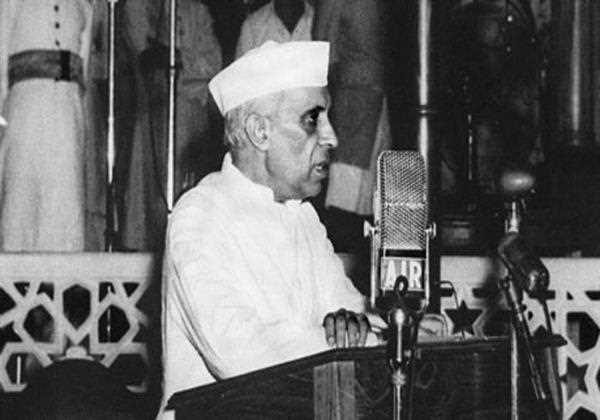The Partition of India in 1947 was a historic event that led to the creation of India and Pakistan as separate nations. The decision to divide India was a complex one, and there were many factors that contributed to it. One of the key reasons why Congress leaders voted in favor of the Partition was the fear of continued violence and instability in a united India.
At the time of independence, India was a deeply divided society, with significant religious and ethnic tensions between Hindus and Muslims. The Muslim League, led by Mohammad Ali Jinnah, had been calling for the creation of a separate Muslim state for several years, and tensions between the two communities had escalated to the point where violence and riots were breaking out in many parts of the country.
Many Congress leaders, including Jawaharlal Nehru and Sardar Vallabhbhai Patel, believed that a united India was still possible and worked to negotiate with the Muslim League to find a solution that would satisfy both Hindus and Muslims. However, they ultimately came to the conclusion that the divisions between the two communities were too deep, and that continued violence and instability would be inevitable if they remained united.

In addition to the fear of violence, Congress leaders were also under pressure from the British government, which had decided to grant independence to India and was eager to avoid any further conflict or unrest. The British government, led by Lord Mountbatten, believed that the creation of two separate states was the best way to ensure a peaceful transition of power and avoid any further bloodshed.
There were also political considerations at play. The Muslim League had won a significant number of seats in the provincial elections in 1946, and it was clear that they would be a powerful political force in any future government. By agreeing to the creation of Pakistan, Congress leaders hoped to ensure that Muslims in India would have their own separate state and would be able to participate fully in the political process.
However, the decision to partition India was not without its consequences. Millions of people were uprooted from their homes and forced to migrate to either India or Pakistan, often under violent and traumatic circumstances. The violence and bloodshed that followed the partition led to the deaths of hundreds of thousands of people, and the wounds of that period continue to be felt in both India and Pakistan today.
In conclusion, the decision by Congress leaders to vote in favor of the Partition of India was driven by a complex set of factors, including the fear of continued violence and instability, pressure from the British government, and political considerations. While the decision was made with the best of intentions, it had profound and lasting consequences for millions of people and continues to shape the political and social landscape of the region today.